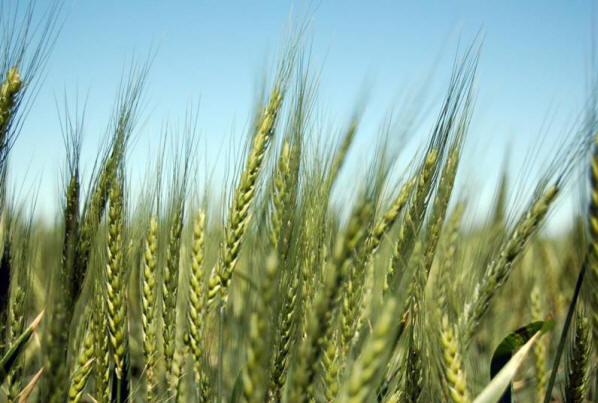
July 19, 2020; Matthew 13:24-30; 16th Sunday in Ordinary Time
We all want to live simple lives. For this reason, either consciously or unconsciously, we create patterns in our life that give us structure and comfort. We arrange our homes in a particular way that we find useful. We allot set times for work, family, and recreation. We know what to do when we need stimulation and what to do when we want to relax. The structures in our life make us sufficient, secure, and happy. We count on them. That is why it is so disturbing and difficult when those structures need to change, when the patterns in our life no longer work.
We certainly have all experienced this with the coronavirus. We are not able to gather with the people we love in the same way. We are not free to enjoy professional sports or concerts. We have to remember to wash our hands, to bring our masks, and to think twice before we enter any public space. The set patterns of our life have to change. Our ordinary expectations need to be rethought.
We might end up feeling like the man in today’s gospel who wakes up one morning to discover that there are weeds among his wheat. He did not plant the weeds, he planted good seed. But now he has to face a new reality that he never anticipated. The first response to that new reality is that of the slaves. They suggest that things should go back to the way they were. They question whether they should go out into the field and pull up all the weeds, so that there might again be a field that is only wheat. But the master knows this will not work. He cannot turn things back to the time when the weeds were not present. He has to face a new reality and move forward with both the wheat and the weeds.
This is our experience. Even when the time comes, which I hope will be soon, that we develop a vaccine for the coronavirus, our world will never go back to the way it was before the virus emerged. In ways that we cannot yet envision, the effects of this virus will remain with us for the rest of our lives. This is why the advice of the man in the parable is so important. It is not helpful or even possible to keep wishing that things were the way that they were. We have to develop new patterns of living that include the coronavirus as our companion and nevertheless move forward in hope.
The good news of today’s parable is this. Although the weeds remain, we still have access to the wheat. We still can gather together the good things of our life and store them in our barns. Now of course we will have to adapt the ways that we work and socialize and relax. But there still is life. The way forward is to face this new reality with patience and with hope. Although the virus will remain, so will life. And life is worth living. Our future need not be ruined by the weeds, as long as we keep harvesting the wheat.

You always find the right words to say! God Bless You. Can we get together soon for dinner? I want to see how your book on angel’s is. Please let me know. Thanks 🙏
These words are both comforting and challenging. Much food for thought as I adjust to living in a new home, semi-retirement, and being a tenant in the campus I built so many years ago.
Awesome message as usual!!